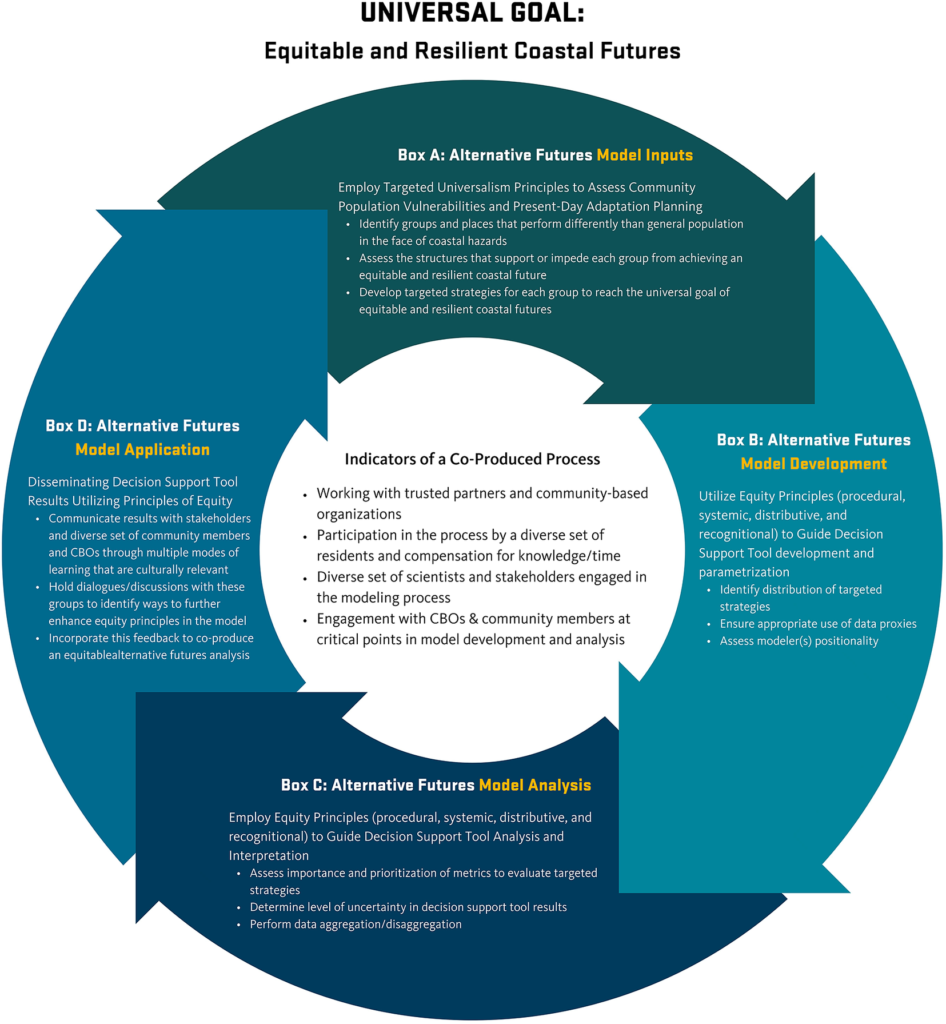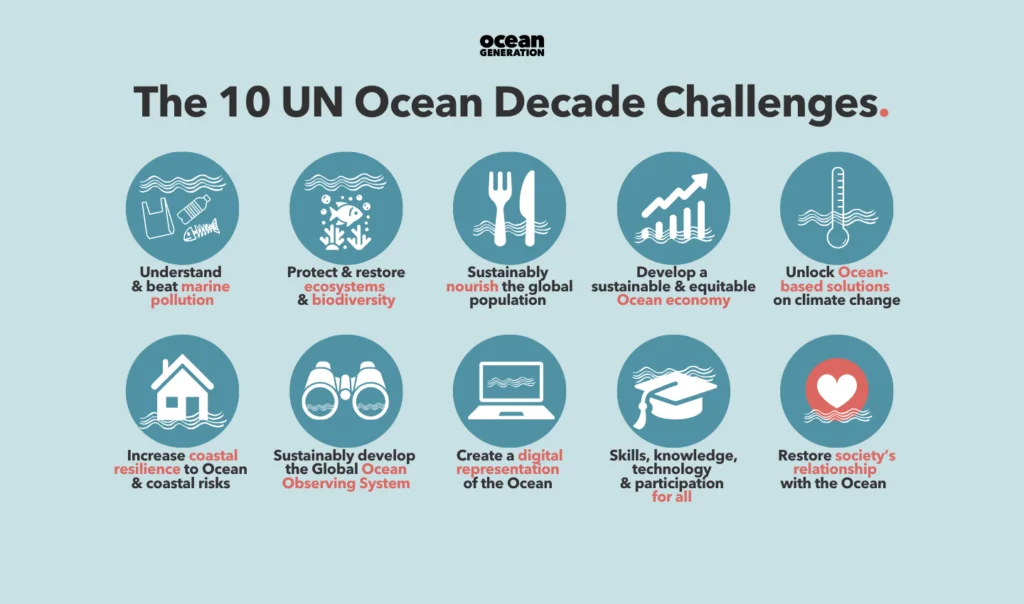Prompt: What do you think are the three most important issues facing our coasts and oceans globally and the people and communities that depend on them?
Introduction: Pursuing Calmer Waters
Our oceans and coasts, including the people who reside there, are now dealing with new obstacles as climate change continuously worsens. In the pursuit to bring restoration to our damaged oceans and coasts, we must look at how to mitigate the effects of climate change deteriorating the ecosystems, our access to marine resources is limited, and the decline of the coasts’ durability.
Discussion: Securing Smooth Seas for the Future
Deterioration due to Climate Change
Sea levels are rising, oceans are warmer, and ocean life is in danger. The scariest part is we are no longer trying to prevent the loss of habitats and marine life from happening. It is already happening, and we need to stop it from getting any worse if we hope to work on rehabilitating it back to life. Nancy Knowlton comforts us by explaining that despite the consistent talk of humanity being doomed, conservation efforts have proved to be successful on small scales, (Knowlton, 2021). Sara Maxwell explains how dynamic management tools could be the key to helping restore numbers of temperature dependent species while also needing significantly less area to manage them, (Maxwell et al., 2015).
Limited Resources
When it comes to the need for resources to help the problem our coasts and oceans face, those who are most impacted are most underrepresented. When it comes to fisheries, women make up almost half of the workforce. The participation of these women in the decision making of resources management can prove to help the situation due to ecological and traditional knowledge, (Friedman et al., 2020). Additionally, when it comes to coastal policies, the policies need to be co-produced with community residents and stakeholders to ensure principles are upheld, (Fox et al., 2023).

Figure 1: A proposed model for better coastal futures (Fox et al., 2023)
Declining Durability
The loss of costal habitats and the erosion of the coastline is only partially due to increasing climate temperatures and natural extreme whether hazards. Coral reefs have undergone significant population losses from the adverse effects of development, overfishing, mining, ect, (Beck et al., 2018). These coral reefs help to break waves and restore durability to our coastline, but conservation and restoration of coastal habitats are essential to begin rebuilding.
Conclusion: Land Ho!
Researchers must work diligently and must come together to ensure the protection of our oceans. If we act with purpose, we can take the challenges we face today to slow the deterioration of ecosystems, utilize all available resources, and restore durability to our coast.
References:
Beck, M. W., Losada, I. J., Menéndez, P., Reguero, B. G., Díaz-Simal, P., and Fernández, F. (2018). “The Global Flood Protection Savings provided by coral reefs.” Nature News, Nature Publishing Group, <https://www.nature.com/articles/s41467-018-04568-z> (Jun. 29, 2025).
Fox, N., Tilt, J. H., Ruggiero, P., Stanton, K., and Bolte, J. (2023). “Toward equitable coastal community resilience: Incorporating principles of equity and justice in coastal hazard adaptation: Cambridge Prisms: Coastal futures.” Cambridge Core, Cambridge University Press, <https://www.cambridge.org/core/journals/cambridge-prisms-coastal-futures/article/toward-equitable-coastal-community-resilience-incorporating-principles-of-equity-and-justice-in-coastal-hazard-adaptation/98240660EEB60AED482553068D5753DD> (Jun. 29, 2025).
Friedman, W. R., Halpern, B. S., McLeod, E., Beck, M. W., Duarte, C. M., Kappel, C. V., … & Sterling, E. J. (2020). Research Priorities for Achieving Healthy Marine Ecosystems and Human Communities in a Changing Climate
Knowlton, N. (2021). Ocean optimism: Moving beyond the obituaries in marine conservation. Annual Review of Marine Science, 13, 479-499
Maxwell, S. M. (2015). “Dynamic Ocean Management: Defining and conceptualizing real-time management of the Ocean.” Marine Policy, Pergamon, <https://www.sciencedirect.com/science/article/pii/S0308597X15000639> (Jun. 29, 2025).

